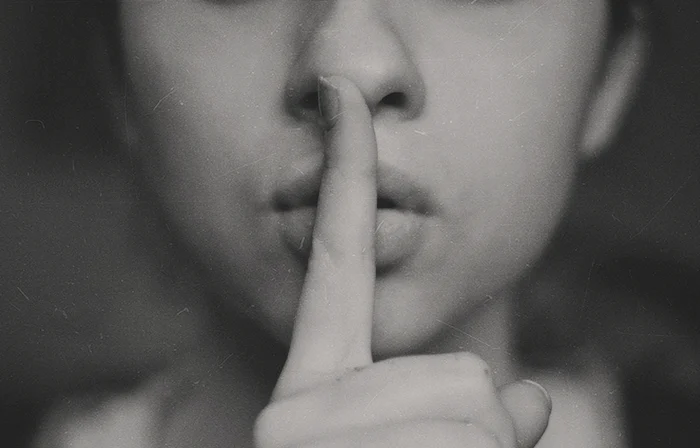
When it comes to communicating with others, we learn at an early age that employing certain filters is often beneficial to all involved. Our words can have an immense effect on others and, while honesty is important, it doesn’t have to be brutal. Not only that, if what we want to say has no socially redeeming value, it may be kinder to fall back on that old adage, “If you can’t say something nice, don’t say anything at all.”
In much the same way that we can’t unthink a thought, we can’t unsay what’s been said. One of my favorite lines from an old Law & Order episode is when the captain tells a rather blunt detective that it’s okay to have the thought, but you don’t always have to voice it.
I’m not saying we should make a habit of stifling our opinions but, if we insist on freely giving them out regardless of their impact, we must be prepared for whatever backlash they may create.
In addition to choosing our words carefully, we’re sometimes cautioned against putting anything in writing that we aren’t willing to say out loud. This can be especially important when it comes to keeping a personal diary. Unless you have a foolproof method that guarantees no eyes but yours will ever see what you’ve written, you’ve got to decide if what’s on your mind is important enough to document. If it is, then you also need to figure out how you’ll deal with the possible fallout should your most private thoughts be read by someone else.
This all got me thinking about how reading a person’s diary might affect a curious, yet unsuspecting, mind. Depending on what the diary contains, the reader may be delighted, amused or devastated. For a glimpse into such a scenario, click the button below and read The Journal – Part 1.
Leave a Reply